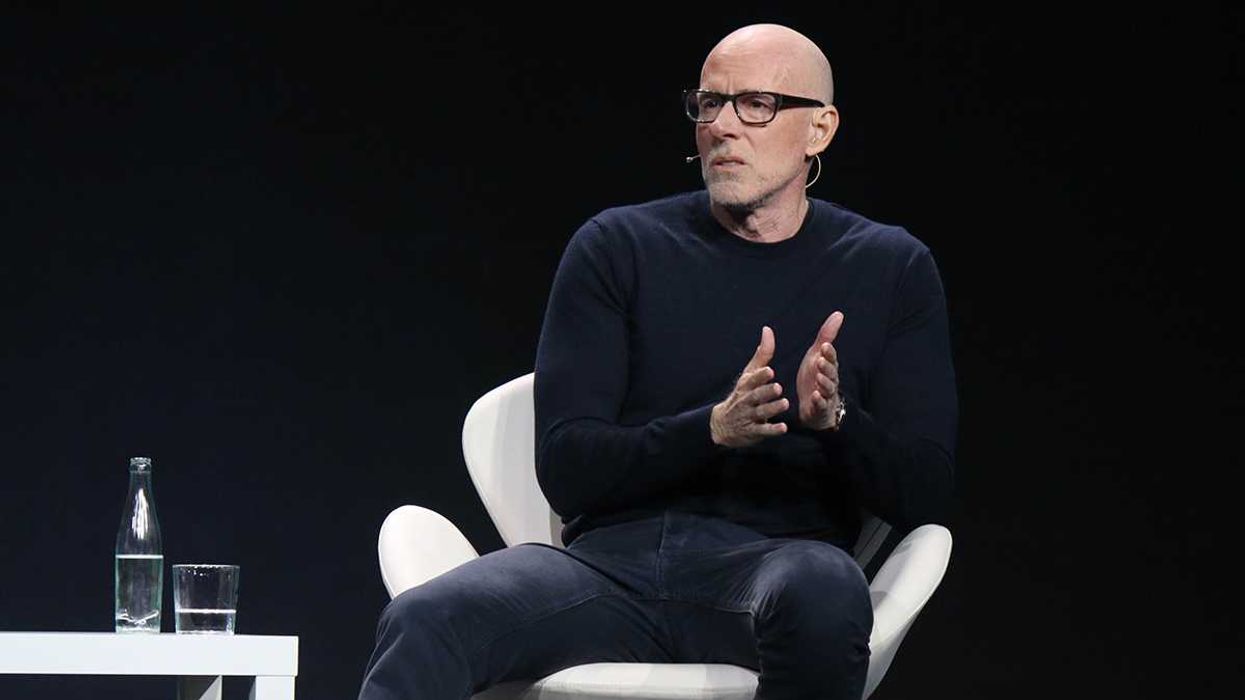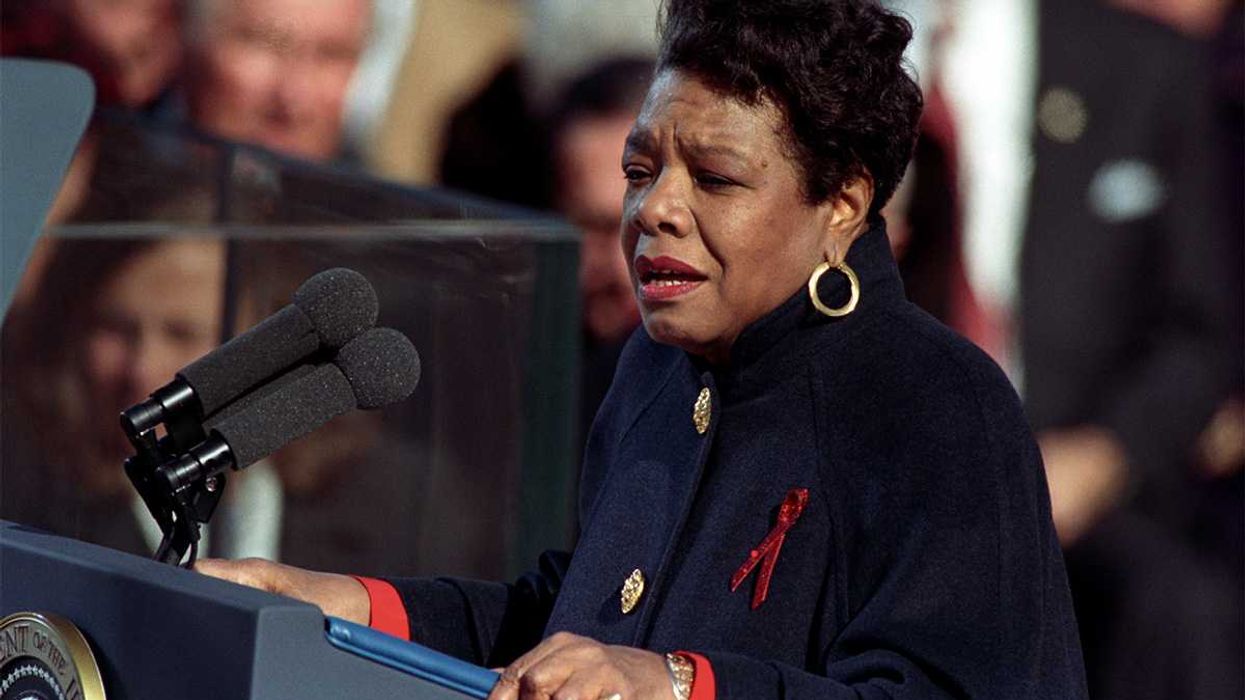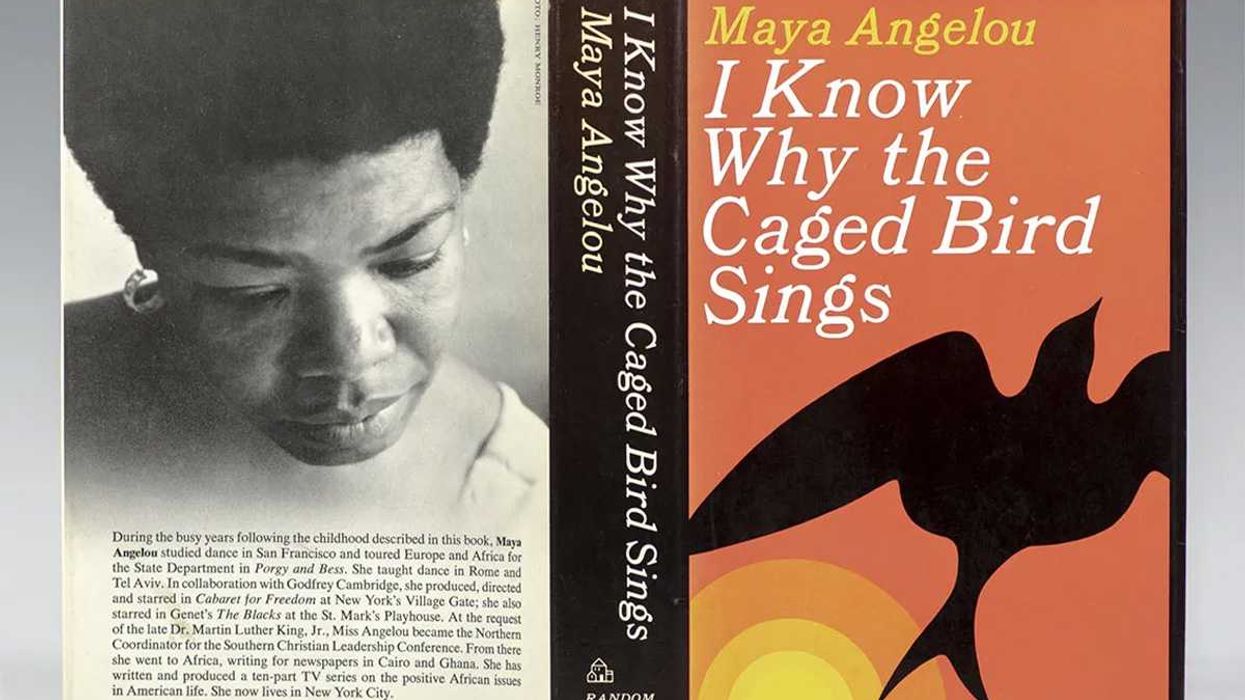Charlene Carruthers is texting with one hand and typing with the other, a steady stream of journalists and fellow activists traipsing up and down the stairs of her home-turned-community meeting space on the University of Chicago campus. As national director of the black feminist collective Black Youth Project 100, Carruthers oversees an organization that is mobilizing black youth in cities across the country to stand up against racial injustice. “Liberation is led by those who are directly impacted,” the 30-year-old organizer says.
The organization—which also has chapters in the Bay Area, New York City, Philadelphia, New Orleans, and Washington, D.C.—is known for asserting black presence by literally taking up space. Tactics include marches, roadblocks, street forums, “die-ins” with protesters lying prostrate on the ground, and overtaking public hearings with huge crowds. BYP100’s public demonstrations spurred the firing of Chicago Police Superintendent Garry McCarthy this past December. And though momentum has spread beyond the black community, thanks to a growing national understanding of the perils of being young and black in America, their meetings remain exclusive to members of the African diaspora. “Having black space is an imperative for us to be able to do our work,” insists Carruthers.
Securing black-only activism hasn’t always been easy. America’s first civil rights organization, the National Association for the Advancement of Colored People, was founded by three white liberals. Two-thirds of the Congress of Racial Equality’s founding members were white. The Student Nonviolent Coordinating Committee was contentiously integrated until Stokely Carmichael became president in 1966, arguing in a widely read essay that “an all-black project is needed in order for the people to free themselves,” stating that “black people cannot relate to SNCC because of its unrealistic, nonracial atmosphere; denying their experience of America as a racist society.”
Fifty years later, BYP100 is proudly insular, protecting its blackness to prevent the deracialization and manipulation of its politics. The group has refused to meet with mayors and banned white people from protests. Rather than division, Carruthers discusses this stance in terms of inclusion, empowering the wide-ranging nature of black grievance. “We use the phrasing of ‘unapologetically black’ as a framework for our organization because we believe that blackness is so many different things,” she says. “We can be women and be black. We can be queer and black. We can be undocumented and black. We can be wealthy or poor and be black.”
Carruthers was turned on to politics at 18—around the same age as most of the organization’s current members— while studying abroad in slowly integrating, post-apartheid South Africa. She moved into organizing five years later while working on immigration issues in Washington, D.C. Since then, Carruthers has worked with everyone from the NAACP to the Center for Progressive Leadership, joining BYP100 in 2013. She even visits and maintains relationships with activist groups in Ireland, Ghana, Mexico, Palestine, Costa Rica, and Haiti to dispense advice and share her experiences.
The past year has seen black activism flourish in America, particularly in Chicago, and Carruthers pinpoints three moments that were especially meaningful for her and BYP100. In August, the Chicago chapter overran an Independent Police Review Authority meeting with a chanting crowd that declared the board illegitimate and called for the firing of Dante Servin, the police officer who shot and killed 22-year-old Rekia Boyd. In October, the same chapter helped shut down the annual conference of the International Association of Chiefs of Police by blocking the roads around North America’s largest convention center. In December, months of protest by the New Orleans chapter over local Confederate monuments culminated with the city council voting to remove four statues, including a bronze effigy of Gen. Robert E. Lee.
Going forward, Carruthers is focused on BYP100’s Agenda to Build Black Futures, an economic and racial justice policy platform that includes recommendations for reparations, transgender equality, divestment from police and prisons, and the funding of black educational and economic development. The organization is also demanding the resignations of Mayor Rahm Emanuel and Cook County State’s Attorney Anita Alvarez for what appears to be a cover-up of the police killing of teenager Laquan McDonald.
And each triumph leads to more success. “We don’t live in a vacuum, and we aren’t the only ones doing this work. In a movement, people feed off the energy of other folk,” she says. “We’re living in a movement where the visibility of police violence, and the visibility of poverty, and the gross lack of compassion and morality of people who have been elected to represent us is part of the momentum. And, we organize. Organizing is there to maintain momentum.”
















 Maya Angelou reciting her poem "On the Pulse of Morning" at President Bill Clinton's inauguration in 1993.William J. Clinton Presidential Library/
Maya Angelou reciting her poem "On the Pulse of Morning" at President Bill Clinton's inauguration in 1993.William J. Clinton Presidential Library/  First edition front and back covers and spine of "I Know Why the Caged Bird Sings."Raptis Rare Books/
First edition front and back covers and spine of "I Know Why the Caged Bird Sings."Raptis Rare Books/ 

 Tow truck towing a car in its bedCanva
Tow truck towing a car in its bedCanva  Sad woman looks at her phoneCanva
Sad woman looks at her phoneCanva  A group of young people at a house partyCanva
A group of young people at a house partyCanva  Fed-up woman gif
Fed-up woman gif Police show up at a house party
Police show up at a house party 
 A trendy restaurant in the middle of the dayCanva
A trendy restaurant in the middle of the dayCanva A reserved table at a restaurantCanva
A reserved table at a restaurantCanva Gif of Tim Robinson asking "What?' via
Gif of Tim Robinson asking "What?' via 

 An octopus floating in the oceanCanva
An octopus floating in the oceanCanva
